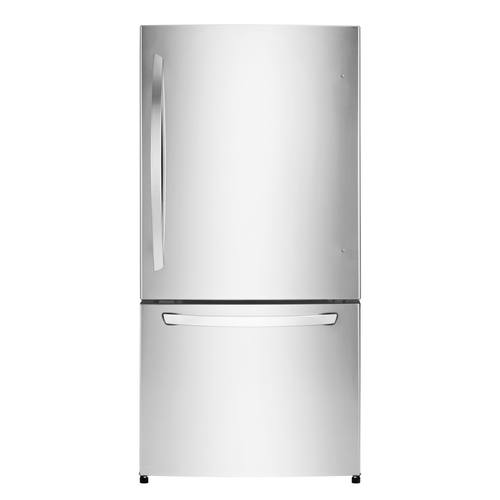
A crucial step in any home sale is the inspection. A home inspection allows buyers to have a good understanding of what is or is not in good shape with the property they are about to purchase. A professional home inspector will visually inspect the major systems of the home and provide a written report that outlines problems and makes recommendations for future repairs and maintenance.
However, it is important to note that a home inspection is not an in-depth evaluation of every element of the property. This could, of course, lead to problems down the line that you weren’t expecting. If you’re getting ready to purchase a home, be aware of what is not included in a home inspection.
Plumbing
Home inspectors generally aren’t qualified to thoroughly evaluate the home’s plumbing. They will visually inspect pipes and make note of outdated materials or visible leaks, but it won’t include much more than that. Furthermore, don’t expect the inspector to look at septic tanks, interior waste lines, sewer lines out to the street, or swimming pools. If you are concerned about potential problems, consult a specialist.
Pests
While it is the inspector’s job to inspect a home’s structural integrity, this does not include any pest problems like termites. Also not included are vermin that could nest in the walls or attic such as rats, birds or raccoons. If you suspect the home may have an infestation, hire an exterminator.
Roof
While inspectors do visually examine the roof of a home, they do so from the ground. They will note any missing shingles or other signs of damage. They may miss leaks or holes that are less obvious. If you’re buying a home in an area that gets severe weather, it may be worth it to hire a roofing contractor to evaluate the quality of the roof.
Toxic materials
Home inspectors do not check for lead paint, radon gas, asbestos or toxic mold. If you are worried the home may contain these substances, hire a certified specialist to check.
Appliances
Not all home are sold with the appliances, so they are generally not included in the home inspection. This includes dishwashers, refrigerators, ovens, washers and dryers. In most cases, the inspector will also not thoroughly check the HVAC systems. They may make note of potential problems or outdated systems, but the report will often include a disclaimer about the air conditioning and heating units.
Landscaping
While a home inspector will look at the grounds to see if there is any evidence of improper drainage, septic tank leaks, or damage to sidewalks, driveways and fences, they will not be inspecting the landscaping. If the yard has any bare spots, dead or dying trees, a malfunctioning sprinkler system or a pest problem, it will not be included in the inspection report.
While a home inspection can help uncover some potential problems with a home, it will not catch them all. If you’re concerned that the home you’re interested in buying has any of the issues outlined above, it may be prudent to hire a specialist to perform an inspection. Even though it adds an extra cost up front, it could possibly save you from unexpected and expensive repairs after you move in.
Compliments of Virtual Results